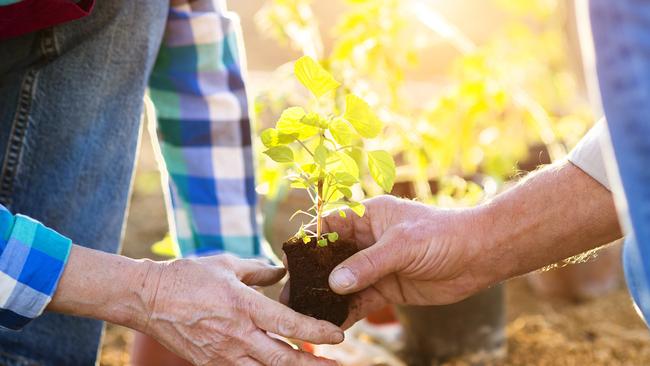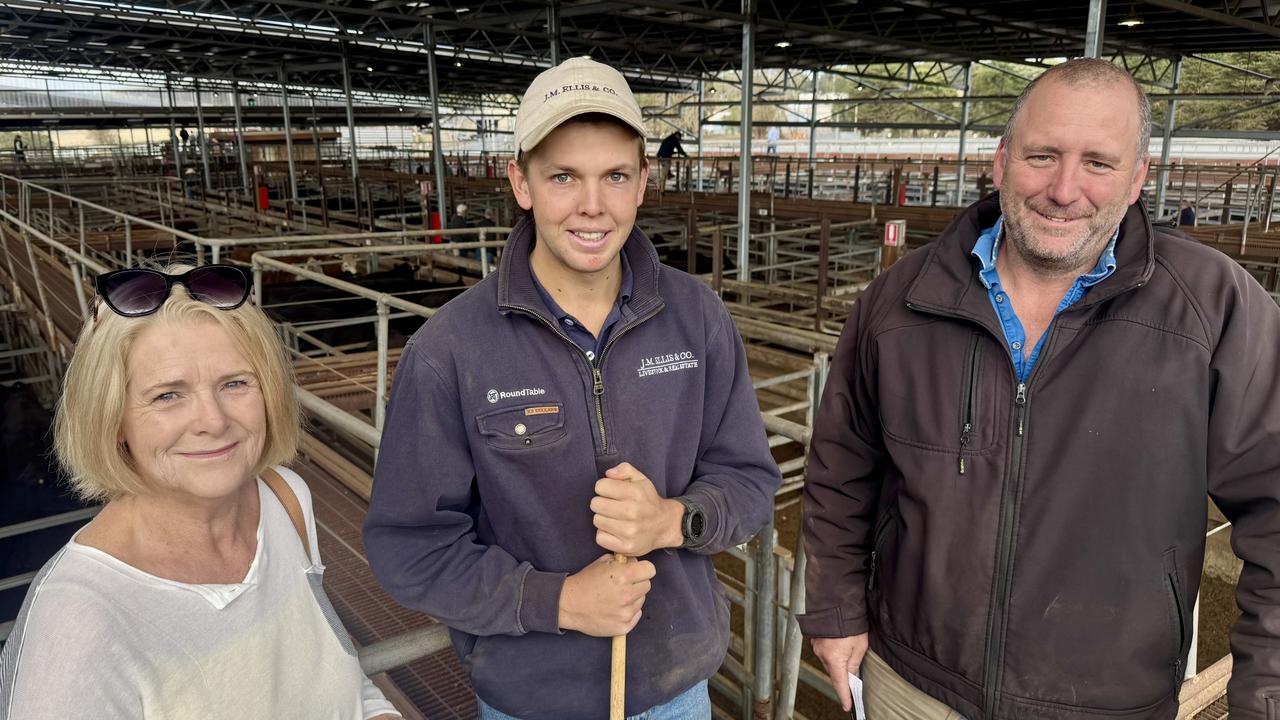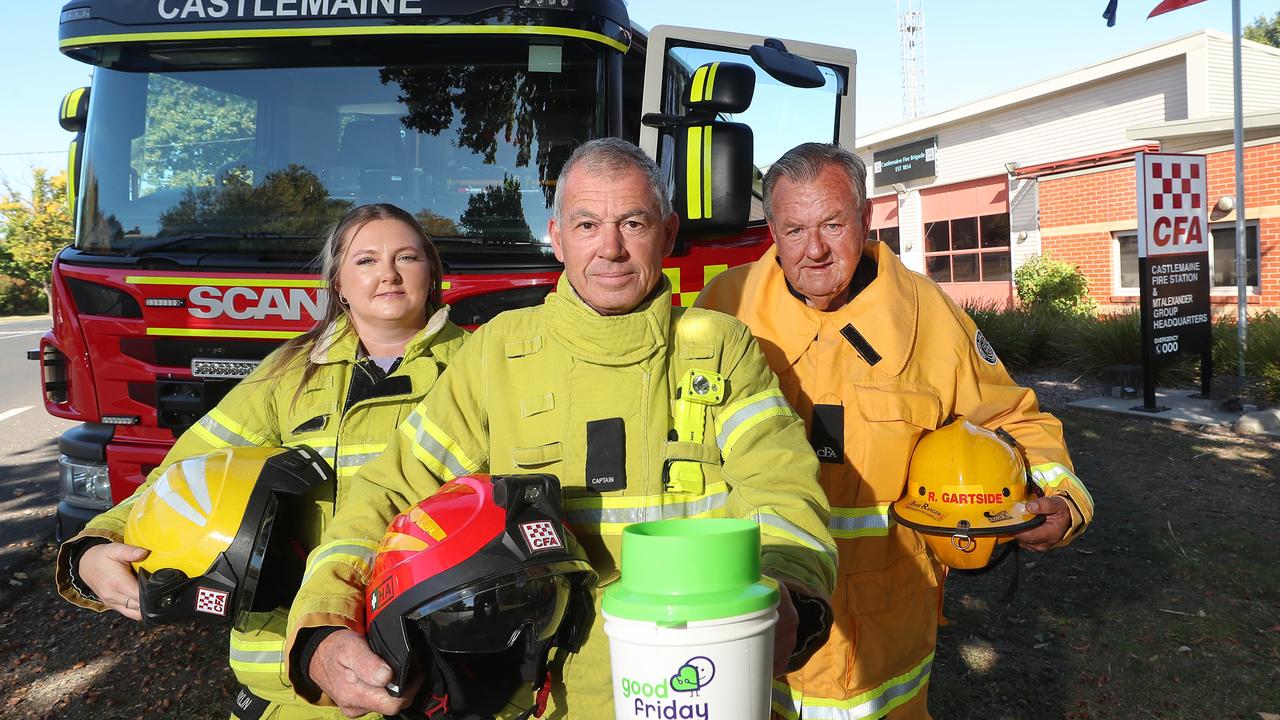Carbon farming: Should agriculture keep carbon offsets for itself?
Carbon farming has been touted as an extra earner for Australia’s ag sector – but one expert warns against going too far.

Agriculture should be wary of how far it travels on the carbon credit train or it could find itself unable to offset its own emissions, a leading academic in the field has warned.
University of Melbourne sustainable agriculture professor Richard Eckard cautioned farmers against selling too many carbon offsets, if the sector was to reach its own net-zero by 2050 ambitions.
“Until we invent a methane-free cow, which we haven’t done yet, we will need to make heavy use of offsets,” he said.
“Can we afford to monetise them and use them outside of agriculture, when we might need them ourselves?”
Prof Eckard made the comments during the Carbon Market Institute’s annual conference last week, as debate continued over the role agriculture and carbon farming can play in reducing emissions.
There are currently 392 carbon farming projects contracted across Australia, expected to earn about $1.9 billion.
CMI chief executive John Connor said demand for carbon credits, particularly from businesses looking to offset their emissions, was outstripping supply.
Under the CMI’s most ambitious planning scenarios, revenue from carbon projects could reach $24 billion by 2030 and lead to 10,500 new jobs.
However Prof Eckard urged caution, not only at monetising carbon offsets but also at selling credits in international markets.
“If you’re doing that it actually makes the industry target harder (to achieve) … because they’re leaving the country, you can’t reclaim those at a later date,” he said.
MLA managing director Jason Strong told the conference he was “quite happy” that ag could potentially carry the weight for other industries, if it also meant being able to show the sector was also more productive, profitable and sustainable.
The red meat industry is already halfway to its goal of reaching carbon neutrality by 2030; Mr Strong warned however, the importance of making change for the right reasons.
“There is a subtle difference between wanting to be carbon neutral because we think consumers are going to demand it, and wanting to be carbon neutral because we genuinely believe that is a key and good component of what our future sustainable business and industry is going to look like,” he said.
“It’s very important that we take that approach … because we really run the risk of the narrative getting away from us and being managed by those who may have different views or motivations to ours.”


